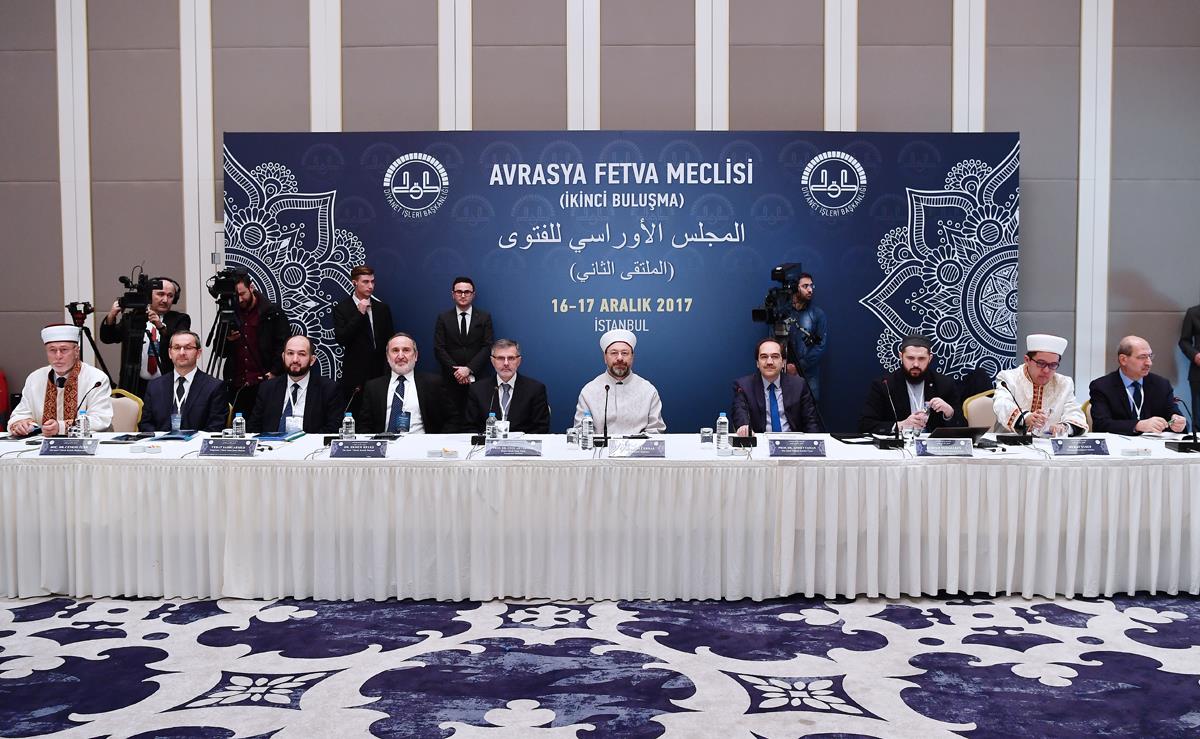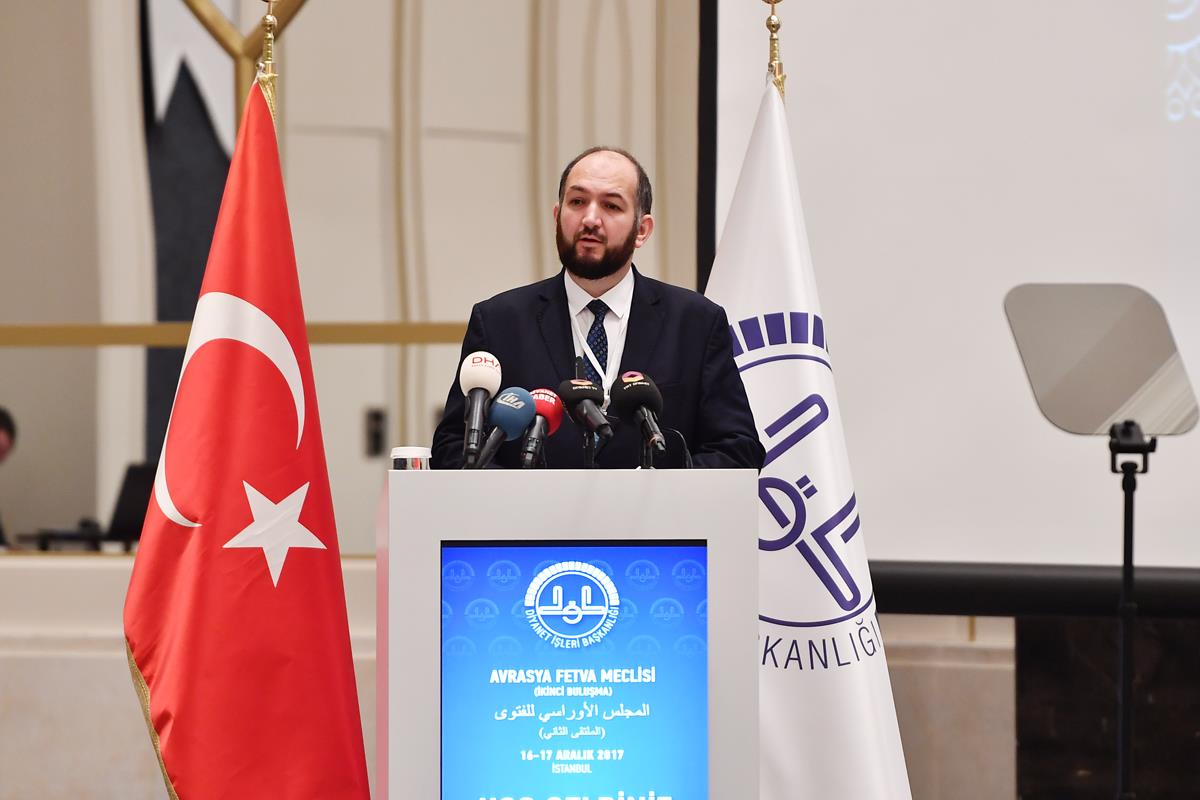News

Eurasian Fatwa Council met in Istanbul
20 December 2017
Eurasian Fatwa Council met in Istanbul
The Eurasian Fatwa Council which was established about six months ago held its second meeting on December 16-17 in the city of Istanbul. In the work of the Council participate representatives of the religious institutions of about 20 Balkan countries and former Soviet republics. The Bulgarian Muslim community is represented in the Council by the Chairman of the Supreme Muslim Council Vedat S. Ahmed, who also took part in the forum.

At the opening of the second working meeting of the Fatwa Council Mr. Ahmed delivered a short welcoming speech on behalf of all members of the Eurasian Fatwa Council, participating from the countries outside Turkey. He highlighted the significance and the role of the Council for the Muslim in the Eurasian region also for building unity between Muslim at all. He also focused on the need of more precise issuing of fatawa and the strong need of collective fatawa which to contribute to overcoming the fatwa chaos and their misuse which we have recently witnessed.
In his welcoming address the Secretary General of Eurasian Fatwa Council Prof. Ahmed Yaman presented the objectives of the Council and expressed his wish for more constructive and cohesive role of the Council. And the President of the Diyanet of Turkey Prof. Ali Erbaş highlighted the role of the correct studying of the Islamic science and the responsibility of the Islamic scholars for the peaceful existence, and also said that the Islamic scholars have to present the religious messaging with objectivity, and not according to the legislations, because sometimes between them there can be serious divergence. In order to make it clearer he gave an example with alcohol, interest and gambling, which according to Islam are strictly forbidden, but according to some legislations they are allowed.
After the opening the forum was held in the framework of five panels in which were comprehensively discussed two main issues. The first was a discussion of historical experience in issuing fatwa in the Eurasian countries, where all participants presented the activity in their countries. And the second main issue was answering questions related to contemporary medical problems. The questions for discussing and drafting the fatawa that were preliminary sent, were discuses in the framework of three panels as a result of which 12 fatawa were adopted. They give an answer of questions related to the attitude towards foetus, in vitro fertilization, donation or sale of semen and embryos, genetic testing and other current medical issues.